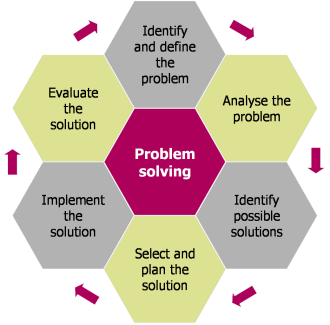
Spaced Practice is the process of using small numbers of repetitions spaced several times through the course of a day, week or month.
Think about it this way. You ask a foreign friend how to say “I Love You” in their language. Will you repeat the expression endlessly for the next minutes and then disengage, or will you repeat the expression several times during the course of the day? Which method do you think it will help you to remember the learned expression after a week, month or for the rest of your life?
Plato’s theory of reminiscence said it perfectly: “Learning is nothing but remembering.”
Mindless repetition for a period of time may not even get you to remember the new language over the next day. But if you try spacing out the repetitions, you are telling your brain this is new good stuff that needs to be preserved. This is called recall, the process which we reorder, reframe and reinstate the musical fragment, lick or melody in our own words, in our own space and time.
Spacing your practice is the way to remember yourself constantly and the best way to let your brain keep practicing when you’re away from your instrument.
So, if you want it to stick and prevail through time don’t force your short-term memory, it won’t work. Move it to your long-term memory via spaced practice. When it becomes second nature to you tweak it a little bit further. How so? Check this out:
When we compare experts with non-experts practice process, two things keep them apart:
- Setting specific goals;
- Identifying causes of failure.
A thoughtful reflection process before and after each practice session is imperative and it is self-generator of new and improved tactics towards excellence. When you identify a cause to failure you start setting new goals, and so on. Give it a try. Monitor yourself (both in real-time and also through recordings).
Stop for a moment, describe your playing, critique, analyze and solve problems thoroughly. What is the produced result of your playing? Why did it go wrong? How do you fix it?
Keep in mind that the mere knowledge of this process does not generate results except when it is actually utilized. Start thinking, planning and directing your practice and you will see the results. Ask yourself “what do I want to achieve?” and “why isn’t this working?” Be creative, focus on the PROCESS and try different approaches and solutions.
“Without knowledge action is useless and knowledge without action is futile.”
– Abu Bakr –
When we think about Spaced Practice one question immediately comes to mind. How many hours a day should be dedicated to practice?
Top performers often describe a 4-hour (or less) daily practice as desirable. Too much practice is as bad as no practice at all and taking some days off to rest is indispensable.
But the question only seems to be relevant when we are NOT engaged in mindful practice: Focused, goal oriented, evaluative practice. Mindless repetitions are not productive… at all. Avoid them. Turn off the autopilot. If you need a break, take a break. Resume mindfully whenever possible. That’s the essence of Spaced Practice.
Mindful practice is very demanding and it can be mentally draining. It requires your undivided attention to details, constantly. Keep your practice sessions limited to a duration where you can stay fully focused. If your mind wonders it is time for a break. If your attention span is limited to 10 minutes, space several 10 minutes sessions throughout the day, instead of cramming it all into one big session.
Remember you are solving problems to build better practice habits.


